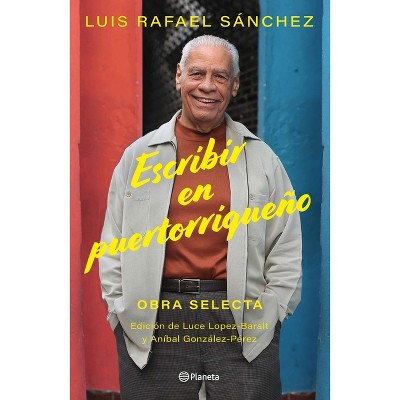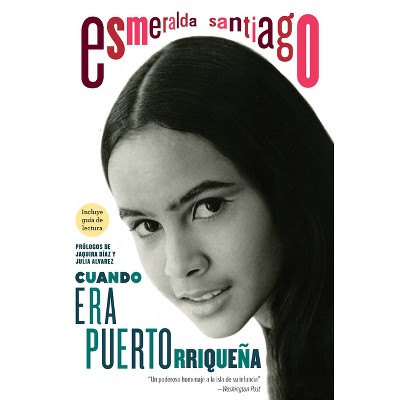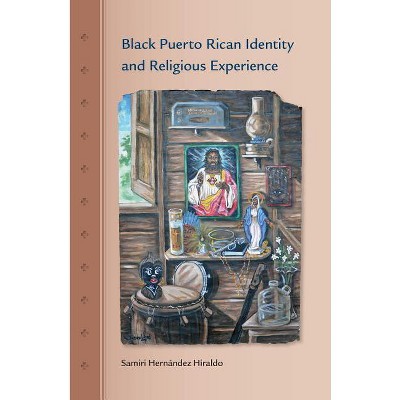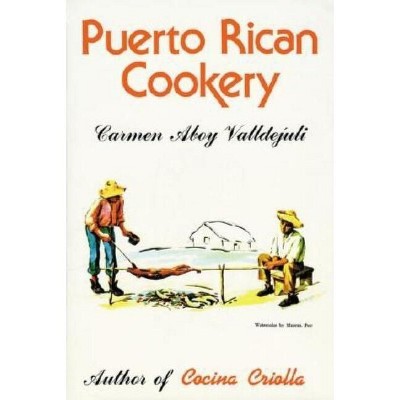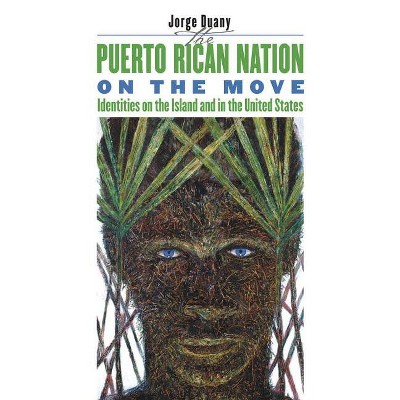Puerto Rican Soldiers and Second-Class Citizenship - by M Avilés-Santiago (Paperback)

About this item
Highlights
- Puerto Rican soldiers have been consistently whitewashed out of the narrative of American history despite playing parts in all American wars since WWI.
- About the Author: Manúel Avilés-Santiago is Assistant Professor of Communication and Culture at Arizona State University, USA.
- 223 Pages
- Social Science, Popular Culture
Description
About the Book
Based on the author's dissertation (doctoral)--University of Texas, Austin.Book Synopsis
Puerto Rican soldiers have been consistently whitewashed out of the narrative of American history despite playing parts in all American wars since WWI. This book examines the online self-representation of Puerto Rican soldiers who served during the War on Terror, focusing on social networking sites, user-generated content, and web memorials.Review Quotes
"Responding to the fact that the experiences of Puerto Rican soldiers have been almost entirely absent from mainstream media for decades, Manuel Avilés-Santiago's groundbreaking study explores how they self-represent themselves and their role in the War on Terror via social media. This much-needed investigation is thoroughly engaging, important, and enlightening." - Charles Ramírez Berg, Joe M. Dealey, Sr. Professor, Media Studies, The University of Texas at Austin, USA
"Manuel Avilés-Santiago's research has evolved from his keen observations as a youngster of the robust military contributions of his own family, to discovering a curious absence of a Puerto Rican presence in dominant representations of U.S. wars, to finally finding the Puerto Rican serviceman self-representations on social media networks, with particular attention to their racial and colonial subjectivity. Avilés-Santiago succeeds in carefully deconstructing and analyzing the self-created representations, and comparing them with what (few) representations have been made by the dominant media. Puerto Rican Soldiers and Second-Class Citizenship provides a window into the s the younger generations' self-expression - and opens up major areas still ripe for further study. This work is an insightful and carefully constructed project, a culmination of a lifetime of observations and probing - begun when he was a mere child." - Maggie Rivas-Rodriguez, Director, Voces Oral History Project, University ofTexas at Austin, USA
About the Author
Manúel Avilés-Santiago is Assistant Professor of Communication and Culture at Arizona State University, USA.





